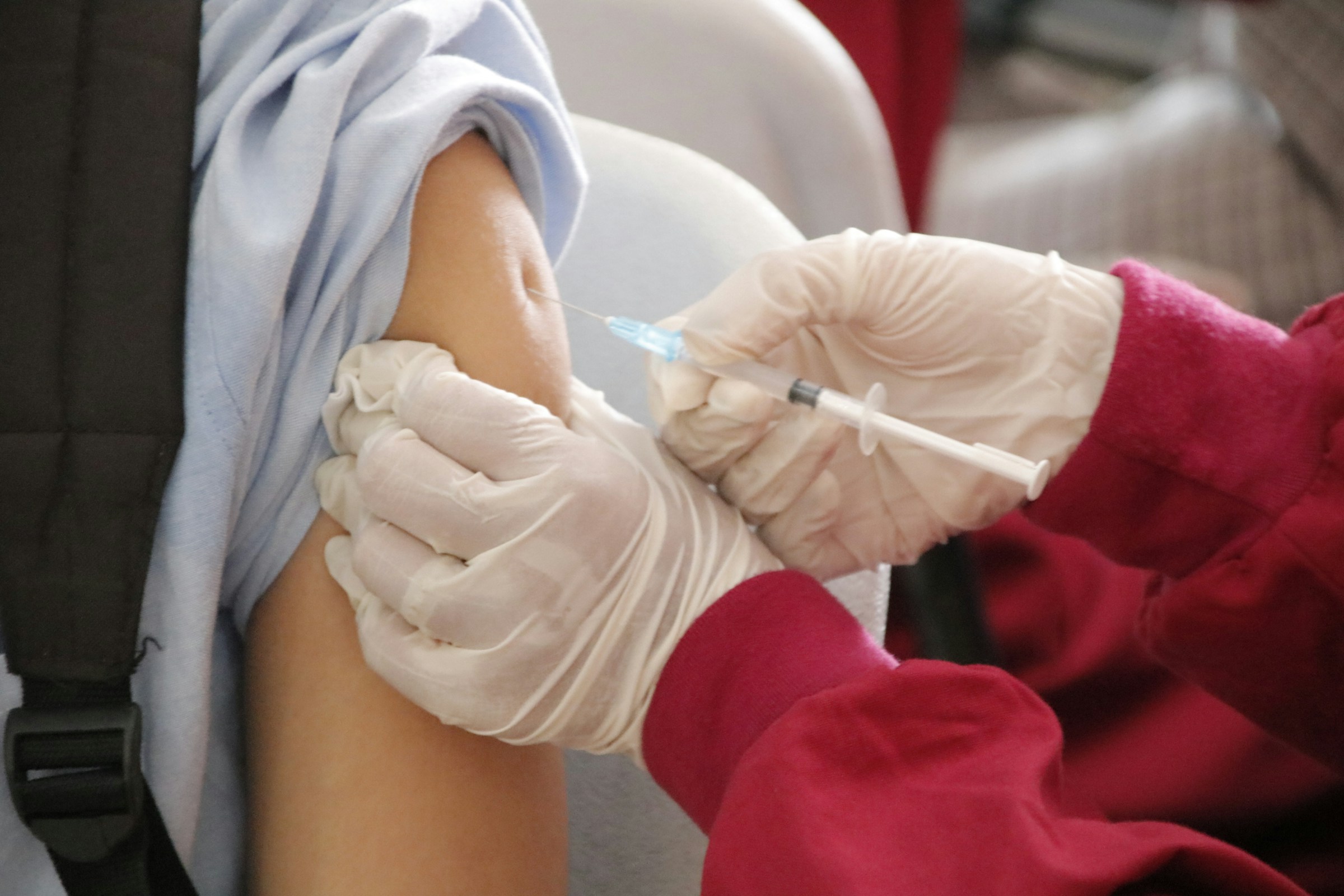Diphtheria
Diphtheria is a potentially fatal contagious bacterial infection that mainly affects the nose and throat, and sometimes the skin. Diphtheria is highly contagious. It’s ...
Hepatitis A
Hepatitis A is an infection of the liver, and is transmitted through contaminated food and water or by direct contact with an infectious person. ...
Hepatitis B
Hepatitis B is a viral infection of the liver spread by direct contact with the blood or body fluids of an infected person. It ...
Japanese Encephalitis
Japanese encephalitis is a potentially severe infection of the brain transmitted by mosquitoes. It occurs in large parts of Asia and the Pacific rim ...
Meningococcal Disease
Meningococcal disease is a rare, but potentially devastating infection. It is caused by the bacteria Neisseria meningitidis of which there are 6 disease-causing strains ...
Tick-Borne Encephalitis
TBE is a viral infection usually transmitted through the bite of an infected tick that exists in parts of central, eastern and northern Europe ...


